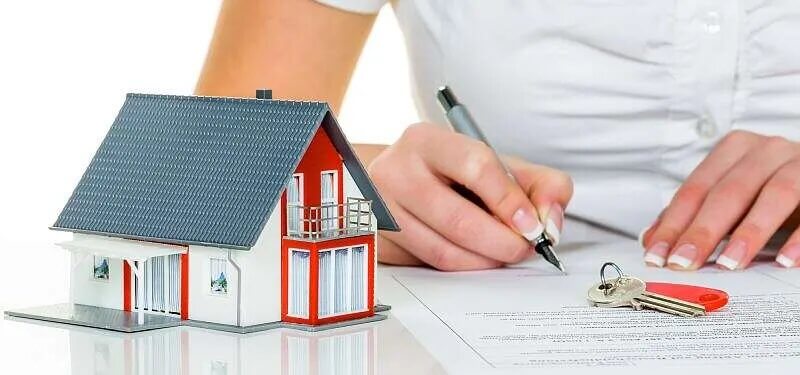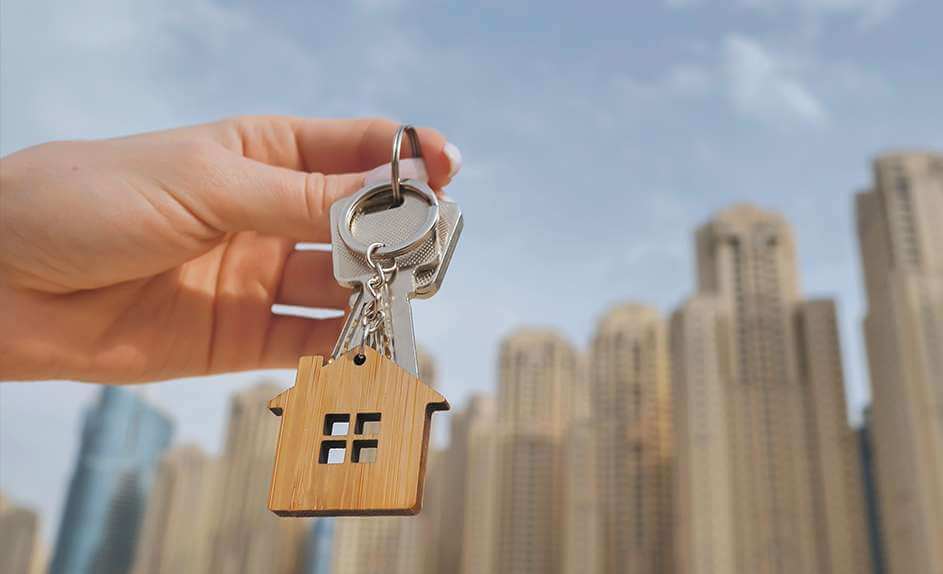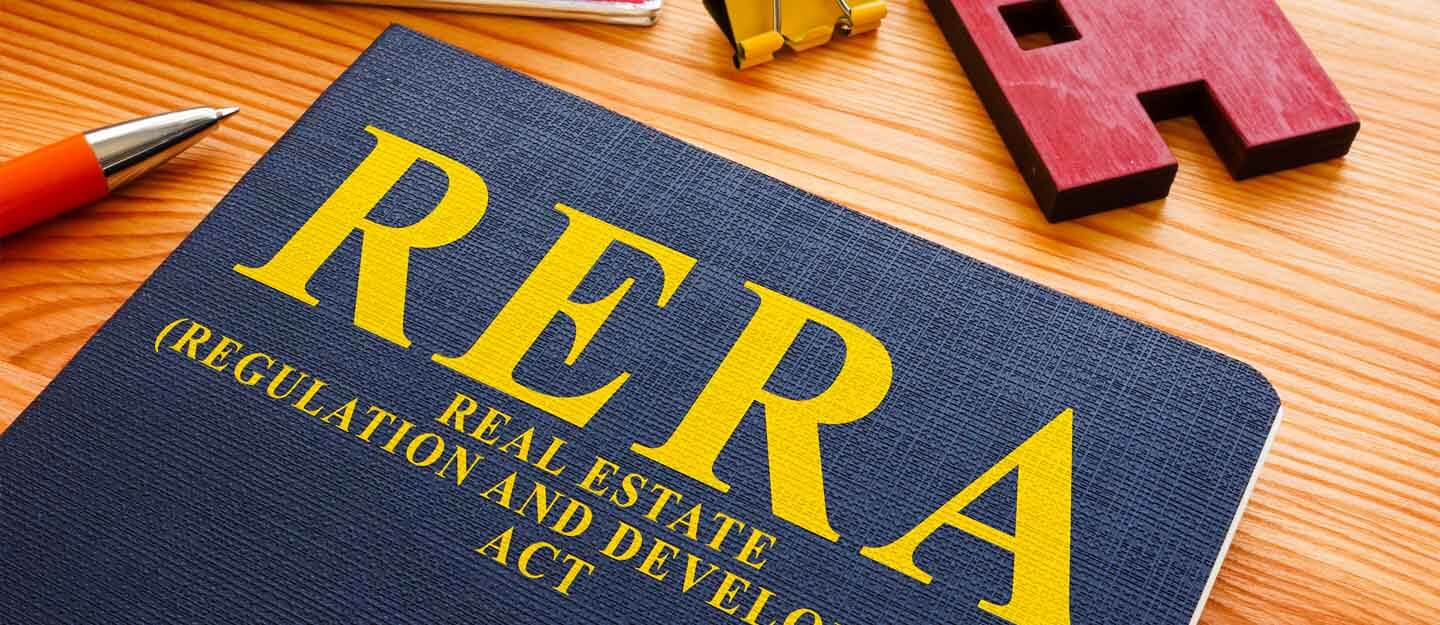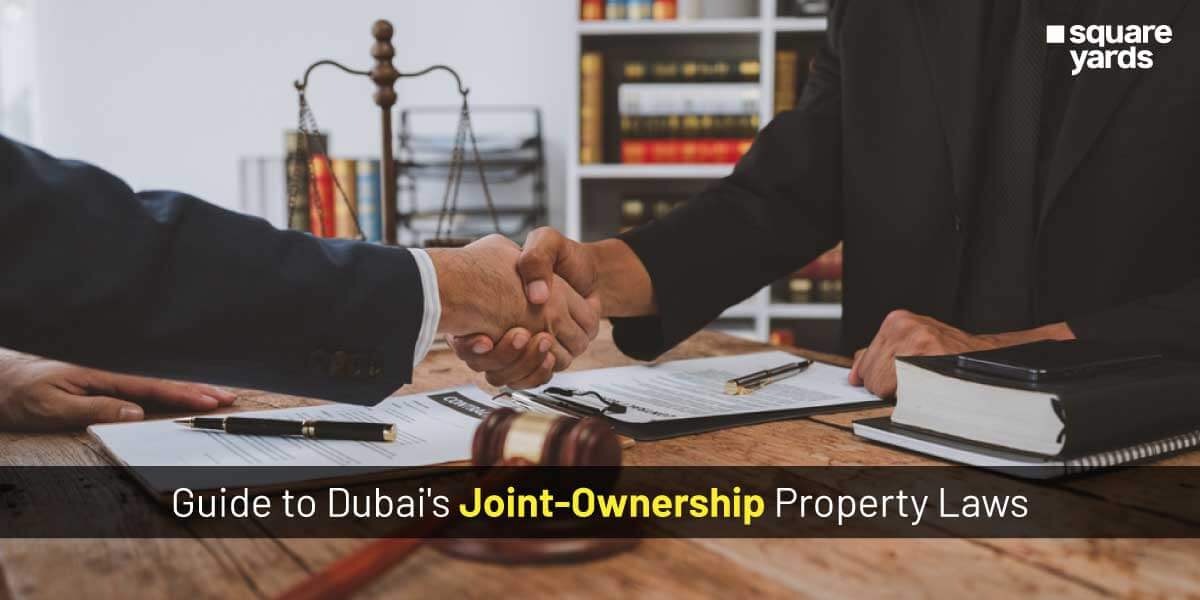In the bustling metropolis of Dubai, where towering skyscrapers and sprawling developments redefine the urban landscape. The concept of joint ownership of real estate has emerged as a cornerstone of property management. The Dubai government has introduced a comprehensive legal framework, the Jointly Owned Property Law Dubai, to ensure seamless coordination and harmonious coexistence among co-owners. The law meticulously outlines the rights, responsibilities, and procedures governing jointly owned properties. Navigating the legal intricacies of property ownership in Dubai can be a complex task, especially regarding jointly owned properties. The Jointly Owned Property Law Dubai, also known as Law No. (6) of 2019 was enacted to streamline the governance and management of jointly owned properties. This comprehensive guide delves into the intricacies of this law, providing a clear understanding for all stakeholders involved.
The Dubai Joint Ownership Law

When the Jointly Owned Property Law (Law No. 6 of 2019) was introduced in Dubai, a wave of uncertainty rippled through the real estate landscape, leaving many investors and homeowners grappling with the law’s implications for their properties and investments. This comprehensive legislation, also known as the Joint Ownership Law, outlines the legal framework for the governance, management, and maintenance of jointly owned properties in the emirate. To shed light on this intricate legislation and address the concerns of stakeholders, two prominent figures from the UAE real estate industry joined hands to provide valuable insights.
Samer Khalifeh, the CEO of Kingfield Owners Association, and Shahram Safai, Partner and Head of Real Estate at Afridi & Angell, shared their expertise during an insightful discussion with Mahmoud El Burai, the Senior Advisor to Dubai Land Department. Together, they delved into the nuances of the Jointly Owned Property Law, addressing key questions and concerns pertaining to this transformative legislation.
The Joint Ownership Law establishes a well-defined framework for the management of jointly owned properties, ensuring harmony, transparency, and accountability. It mandates the formation of Owner’s Associations for properties with more than three units, empowering these bodies to oversee the day-to-day operations and maintenance of the property. The law also assigns specific roles and responsibilities to various stakeholders, including developers, the Dubai Land Department (DLD), and facilities management companies.
The Jointly Owned Property Law Dubai

The Jointly Owned Property Law, enacted in 2019, stands as a testament to Dubai’s commitment to fostering a well-regulated real estate sector. It establishes a comprehensive framework for the governance and management of jointly owned properties, encompassing residential, and commercial, and mixed-use developments. The law aims to foster a harmonious and well-maintained living environment for all residents, ensuring that common areas and facilities are managed effectively and that disputes among co-owners are resolved amicably. The Jointly Owned Property Law Dubai applies to all jointly owned properties within the emirate, including apartments, villas, townhouses, and commercial spaces. This includes both existing and newly developed properties.
-
Who Falls Under the Purview of the Jointly Owned Property Law?
The Jointly Owned Property Law in Dubai encompasses a wide range of stakeholders, each playing a crucial role in the successful governance and management of jointly owned properties. These entities include:
-
-
Developers
-
As the initiators of jointly owned projects, developers bear the primary responsibility for ensuring compliance with the law’s provisions. They are tasked with constructing the property according to approved plans and specifications, establishing the Owner’s Association (OA), and handing over all necessary documents, including the declaration of subdivision, Building Management Regulations (BMRs), and financial records.
-
-
Owners
-
The individuals or entities who own units within a jointly owned property are considered ‘Owners’ under the law. They hold ownership rights to their respective units and enjoy the use of common areas and facilities. Owners actively participate in decision-making processes through the Owner’s Association and are financially responsible for contributing to the property’s upkeep and maintenance.
-
-
Owner’s Associations
-
The Owner’s Association serves as the governing body of a jointly owned property, representing the collective interests of all unit owners. Elected by the owners, the Owner’s Association is responsible for the day-to-day management of the property, including maintaining common areas and facilities, preparing and approving annual budgets, managing finances, enforcing the BMRs, and resolving disputes among owners.
-
-
Facilities Management Companies
-
While Owner’s Associations handle the overall management of the property, facilities management companies can be outsourced to provide specialised services, such as cleaning, security, maintenance, and repairs. These companies work closely with the Owner’s Association to ensure the property is well-maintained and in good condition. In addition to these primary stakeholders, other entities may also be involved in the management of jointly owned properties, such as real estate agents, lawyers, and consultants. Each party plays a distinct role in ensuring the smooth operation and harmonious coexistence within jointly owned developments.
-
Understanding The Three Main Property Categories Defined In The Law

The Joint Owned Property Law Dubai categorises jointly owned properties into three distinct groups:
-
-
Strata Titles
-
This type of ownership structure is the most common in Dubai. In strata titles, individual units within a jointly owned property are assigned exclusive title rights to their respective units. This means that the owner of a unit holds a legal title to their unit, giving them the right to occupy, use, and dispose of it as they see fit. However, the common areas, such as hallways, lobbies, and recreational facilities, are jointly owned by all the unit owners. This shared ownership necessitates the establishment of an Owner’s Association to manage and maintain these common areas.
-
-
Shared Ownership Titles
-
In shared ownership titles, both individual units and common areas are held under shared ownership. This means there is no individual ownership of any specific unit or common area. Instead, each unit owner holds a share in the overall ownership of the property, including both the individual units and the common areas. This type of ownership structure is less common in Dubai compared to strata titles.
-
-
Master Communities Titles
-
Master communities are large-scale developments encompass multiple strata titles or shared ownership titles. These communities often feature extensive common areas, recreational facilities, and amenities like parks, swimming pools, and gyms. The management of master communities typically involves a combination of the Owner’s Association for individual buildings and an overarching master community association that oversees the overall management of the community.
-
Navigating The Changes Introduced By The Law
The Jointly Owned Property Law Dubai introduced several significant changes to the pre-existing legal framework, including:
-
- Enhanced Role of the DLD: The Dubai Land Department (DLD) assumed a more prominent role, overseeing the registration and regulation of jointly owned properties.
- Mandatory Owner’s Associations: The formation of Owner’s Associations was made mandatory, ensuring collective decision-making among unit owners.
- Establishment of RERA: The Real Estate Regulatory Authority (RERA) was granted regulatory powers over facilities management companies.
-
Understanding The Key Roles In The Jointly Owned Property Ecosystem
The effective management of jointly owned properties in Dubai is an intricate dance, requiring the seamless collaboration of several key stakeholders. Each player brings a unique set of expertise and responsibilities to the table, ensuring that these shared living spaces remain well-maintained, harmonious, and compliant with legal requirements. Let’s delve into the crucial roles played by these entities:
-
-
Role of DLD
-
At the heart of this ecosystem stands the Dubai Land Department (DLD), the guardian of jointly owned property records. As the emirate’s regulatory authority for real estate, the DLD plays a pivotal role in ensuring that jointly owned properties adhere to the legal requirements outlined in the Jointly Owned Property Law.
The DLD’s responsibilities encompass the following:
-
-
- Registration and Oversight of OAs: The DLD maintains a comprehensive registry of Owner’s Associations (OAs), ensuring their formation and operation in compliance with the law.
- Issuance of Building Management Regulations (BMRs): The DLD issues BMRs, which serve as guidelines for the management and maintenance of jointly owned properties, ensuring uniformity and consistency across the emirate.
- Resolution of Disputes: The DLD’s Real Estate Regulatory Authority (RERA) acts as a mediator in disputes between co-owners and OAs, fostering amicable resolutions and maintaining peace within the community.
-
Role of RERA
-

RERA emerges as a staunch advocate for the rights of unit owners and tenants within jointly owned properties. As a watchdog in the real estate sector, RERA plays a crucial role in safeguarding their interests and ensuring a fair and equitable living environment.
RERA’s responsibilities extend to:
-
-
- Oversight of Facilities Management Companies (FMCs): RERA licenses and regulates FMCs, ensuring they meet the necessary standards and provide quality services to jointly owned properties.
- Consumer Protection: RERA acts as a mediator in disputes between unit owners or tenants and FMCs, ensuring that their grievances are addressed promptly and effectively.
- Promotional Efforts: RERA promotes transparency and accountability within the jointly owned property sector, educating owners and tenants about their rights and responsibilities.
-
Role of Developer
-
The developer, as the initiator of a jointly owned project, bears the primary responsibility for establishing the property and ensuring compliance with the Jointly Owned Property Law Dubai. Their duties encompass:
-
-
- Construction and Handover: The developer is responsible for constructing the property according to approved plans and specifications and ensuring its timely handover to the Owner’s Association.
- Formation of OA: The developer facilitates the formation of the OA and guides them through the initial steps of establishing the property’s management structure.
- Documentation: The developer provides the OA with all necessary documents, including the declaration of subdivision, BMRs, and financial records, ensuring a smooth transition of management responsibilities.
-
Role of Owner’s Committee
-
The Owner’s Committee (OA), elected by the unit owners, serves as the governing body of a jointly owned property, representing the collective interests of the residents. Their role is multifaceted, encompassing:
-
-
- Day-to-Day Management: The OA oversees the day-to-day management of the property, including maintenance of common areas and facilities, budgeting, and financial management.
- Enforcement of BMRs: The OA enforces the BMRs, ensuring that rules and regulations are adhered to by all residents, maintaining a harmonious living environment.
- Dispute Resolution: The OA acts as a mediator in disputes between residents, fostering amicable resolutions and maintaining peace within the community.
- Communication and Transparency: The OA keeps residents informed about property-related matters, ensuring transparency and accountability in decision-making processes.
-
Role of Facilities Management Company
-
The Facilities Management Company (FMC), appointed by the OA, provides specialised services to maintain and manage the jointly owned property on a day-to-day basis. Their expertise ensures the property remains in good condition and provides a comfortable living environment for all residents.
FMC’s responsibilities include:
-
-
- Maintenance and Upkeep: The FMC performs regular maintenance.
-
Reaping the Benefits of the New Jointly Owned Property Law
The implementation of the Jointly Owned Property Law has brought about a multitude of benefits for property owners and tenants:
-
- Improved Property Management: Enhanced oversight and accountability have led to better management of jointly owned properties.
- Enhanced Dispute Resolution: Effective dispute resolution mechanisms have been established to address conflicts among unit owners.
- Empowered Owners’ Associations: Owners’ Associations have gained greater autonomy in managing their properties.
- Safer and More Sustainable Properties: Regular maintenance and adherence to safety regulations have enhanced the overall livability of jointly owned properties.
Conclusion
The Jointly Owned Property Law Dubai has emerged as a cornerstone of Dubai’s real estate landscape, fostering a harmonious coexistence among property owners and ensuring well-maintained, sustainable living environments. The law has paved the way for a more cohesive and efficiently managed joint ownership ecosystem by establishing clear roles, responsibilities, and dispute-resolution mechanisms. As Dubai continues to ascend as a global real estate hub, the Jointly Owned Property Law Dubai will undoubtedly play a pivotal role in shaping the future of property management.
Recommended for you :
|
Real Estate Inheritance Law in UAE |
|
|
Laws of Dubai Rental Market |
|
|
Know About Labour Law in UAE |
|
|
Know About Tenancy Laws in Abu Dhabi |
Frequently Asked Questions (FAQs)
Yes, you can co-own a property in Dubai. Joint ownership of property is legal in Dubai, and there are mainly two types of joint ownership: strata ownership and shared ownership.
Yes, it is legal to share accommodation in Dubai. No laws prohibit this, and there are many different ways to share accommodation in Dubai. You can share a rented apartment, a villa, or even a hotel room.
The principle of joint ownership is that two or more people have equal rights to a property. This means they all have the right to occupy, use, and dispose of the property as they see fit.
Article 4 of the Property Ownership Law in Dubai states, The ownership of immovable property shall be registered in the Dubai Land Department. This means that all property transactions in Dubai must be registered with the Dubai Land Department (DLD) in order to be legally valid. The DLD will then issue a title deed to the property owner. Can You Co-Own A Property In Dubai?
Is It Legal To Share Accommodation In Dubai?
What Is The Principle Of Joint Ownership?
What is Article 4 of the Property Ownership Law in Dubai?




